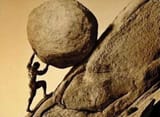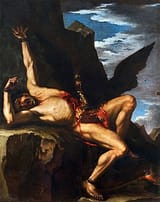The 5 Pillars of Heroic Awareness
1. Two Types of Thought
- You are not one, but many: the self is an ecology of impulses and agents.
- You are one: the traveler: awareness moves among these agents without fusing to any one.
2. Two Worlds
- Vision is law: the true self acts from chosen vision, not from reward.
- The outer is canvas: inner truth must be expressed in outward roles and works.
3. Archetypes
- The hero never regrets: success and failure alike affirm chosen action.
- The fool forgets himself: lapsing into laziness or misidentification diminishes the traveler.
4. Virtue
- Dissociation is ego: mistaking a fragment for the whole self is dissociation.
- Integration is virtue: steward the agents, keep the system whole.
5. Rewards
- Satisfaction is earned: apathy is absence of results; virtue creates feedback.
- Happiness is integrity: lesser selves chase rewards; the hero’s joy is vision fulfilled.
- You are not one, but many: the self is an ecology of impulses and agents.
- You are one: the traveler: awareness moves among these agents without fusing to any one.
2. Two Worlds
- Vision is law: the true self acts from chosen vision, not from reward.
- The outer is canvas: inner truth must be expressed in outward roles and works.
3. Archetypes
- The hero never regrets: success and failure alike affirm chosen action.
- The fool forgets himself: lapsing into laziness or misidentification diminishes the traveler.
4. Virtue
- Dissociation is ego: mistaking a fragment for the whole self is dissociation.
- Integration is virtue: steward the agents, keep the system whole.
5. Rewards
- Satisfaction is earned: apathy is absence of results; virtue creates feedback.
- Happiness is integrity: lesser selves chase rewards; the hero’s joy is vision fulfilled.

